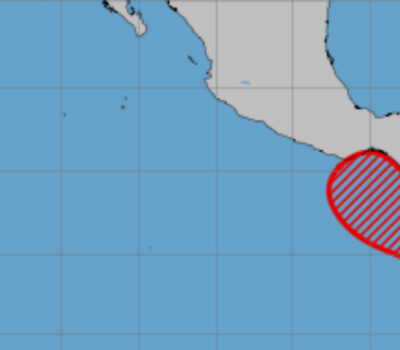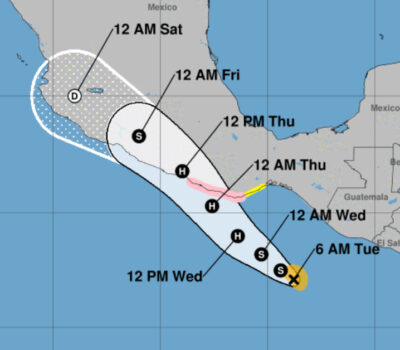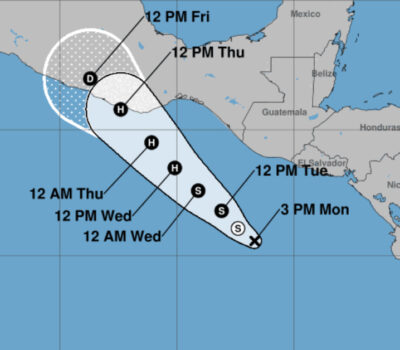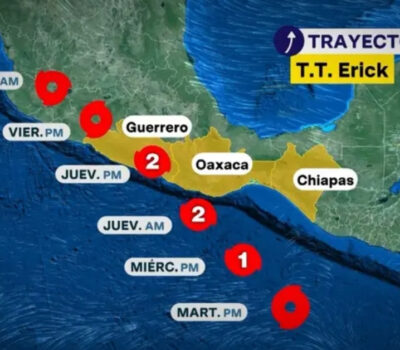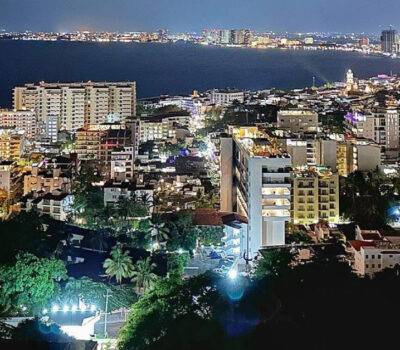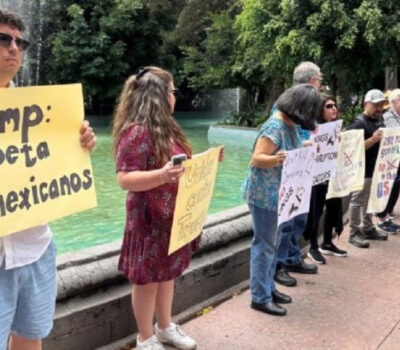Puerto Vallarta (PVDN) – Last year, the plenary session of the Chamber of Deputies approved the repeal of Daylight Saving Time in Mexico, after it achieved the majority of votes. The change entered into force on Sunday, October 30, but contemplates an exception in municipalities on the border with the United States so as not to affect commercial relations.
This means that for the first time in 26 years, Puerto Vallarta, and most of Mexico, won’t be changing clocks again. Summer Time 2023 will no longer start on the first Sunday of April as it had been for 26 years, after approval in 1996.
Although, today, at 2:00 AM, the border states of Mexico advanced clocks one hour along with the United States to maintain commerce hours with the two largest trading partners at the border.
President Andrés Manuel López Obrador motivated his initiative last year to eliminate the change in Summer Time with studies on the little energy savings it caused and the alleged damage to health; he was seeking, as he said, to return to “God’s Time”.
The position of President López Obrador was shared by Jorge Alcocer Varela, Secretary of Health, who also assured that the time change has various effects on the health of the population, such as increased drowsiness in students and heart attacks, therefore the recommendation was to abolish it and return “to the clock of God”.
The secretary pointed out that studies by the International Society for the Research of Biological Rhythms indicate that the advantages of standard time outweigh those of the time change.
He indicated that depression and suicidal ideas are increased at some times of the year and at some times and latitudes, more than others.
“More and more studies show that the time differences between the social clock and the biological clock challenge health, even alter it, so if we want to improve our health we must not fight against our biological clock.”
“It is advisable to return to standard time, which is when the time of the sundial coincides with the time of the social clock, the clock of God,” he said.
Health effects due to changing time
The secretary indicated that among the adverse effects of the time change on the nervous system are drowsiness, irritability, difficulty in attention, concentration, and memory. In addition to digestive disorders, increased secretion of gastric juice, daytime decrease and nighttime increase in appetite, as well as hormonal disorders and general malaise.
Indigenous people in Mexico are governed by the “Hora de Dios”
Since its implementation, 26 years ago, many Mexicans and areas of the country have resisted its application. Such was the case of the Tzotzils, in San Juan Chamula, Chiapas, who have a sundial carved in stone, in front of the main temple, to confirm that they are governed by “God’s Hour” and not by Daylight Saving Time.
As in that municipality, in the Altos, Selva, Norte, Centro, and Fronteriza, Sierra, Costa and Istmo regions, where there are more than 25,000 rural communities, daylight saving time has never been applied since it was implemented in 1996.
In some municipal capitals such as Frontera Comalapa, Motozintla, La Trinitaria, Siltepec, La Grandeza, Huixtla, and others, only banks and government offices work with Summer Time, while kindergartens, primary, secondary, and high schools, as well as churches of different denominations, they stick to God’s schedule.
In addition, thousands of Chiapas communities that are located in the Jungle, North, Border, and Coast regions, which border the 658-kilometer border with Guatemala, adhere to that country’s time, so Daylight Saving Time does not matter to them.
Only the transport that goes to Mexico City, Oaxaca, Veracruz, and other destinations, is governed by the Herano Timetable since the regional transport is governed by the “Hora de Dios”.
And the original peoples, such as Tojolabales, Tzotzils, Tzeltales, Choles, Lacandones, Zoques, Mames, and others, have never been governed by Daylight Saving Time because they allege that “it does not benefit us at all”, so their meetings are held to carry out with the warning that it is on God’s schedule.
Puerto Vallarta (PVDN) - Last year, the plenary session of the Chamber of Deputies approved the repeal of Daylight Saving Time in Mexico, after it . . .


